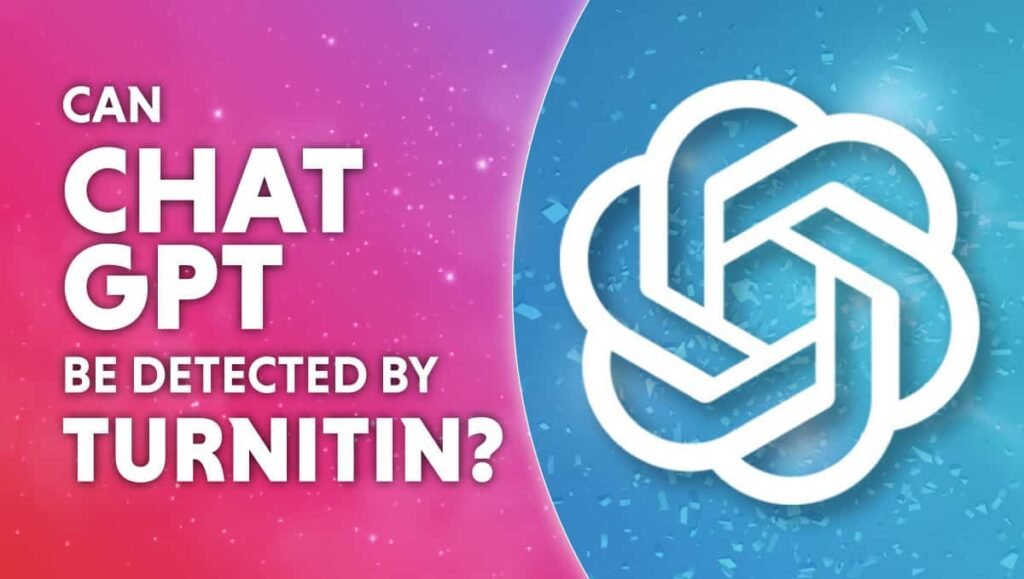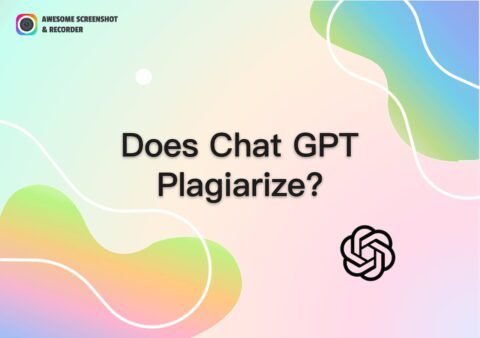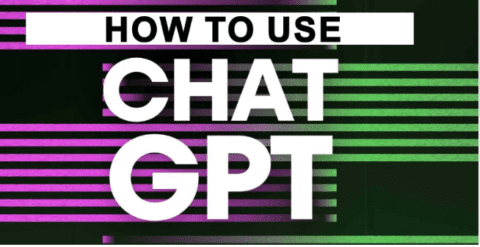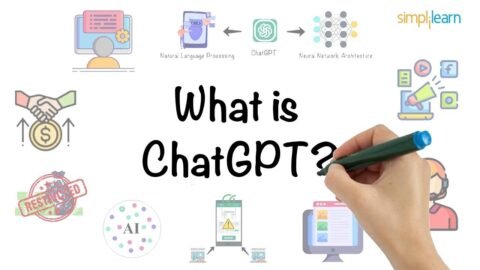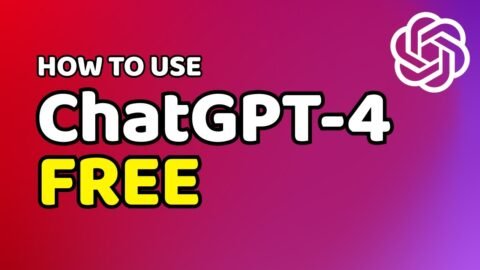Turnitin is a popular plagiarism detection tool used by educational institutions to identify unoriginal content in student submissions. With the rise of AI technologies like Chat GPT, many students, educators, and writers are wondering whether Turnitin can detect content generated by AI. In this blog post, we will explore the capabilities of Turnitin, whether it can detect Chat GPT-generated content, and provide answers to some of the most frequently asked questions about using AI-generated text in academic settings.
Understanding Turnitin and Chat GPT
Turnitin is a plagiarism detection software designed to compare submitted content against an extensive database of academic papers, web content, and previously submitted documents. It uses advanced algorithms to identify similarities and potential instances of plagiarism.
Chat GPT, on the other hand, is an AI language model developed by OpenAI that generates human-like text based on user input. It can answer questions, create content, and provide assistance with various writing tasks. Chat GPT’s capabilities make it a powerful tool for generating high-quality text, but it also raises questions about academic integrity and originality.
Can Turnitin Detect Content Generated by Chat GPT?
Currently, Turnitin is designed to detect unoriginal content by comparing submitted text to a large database of existing content. However, Chat GPT-generated content is not necessarily copied from existing sources; instead, it is created based on patterns and data the model has learned. This means that content generated by Chat GPT is unique, even if it may sound similar to other texts on the same topic.
Here are some key points to consider:
Originality of AI-Generated Content: Chat GPT produces content that is not directly copied from any specific source, which makes it challenging for traditional plagiarism detection tools like Turnitin to flag it as unoriginal. The content is generated in real-time based on the prompt provided, which results in unique outputs.
Similarity Scores: While Turnitin may not detect AI-generated content as plagiarized, there is still a possibility that some phrases or sentences generated by Chat GPT may match other existing content. In such cases, Turnitin may flag these as similarities, but this does not necessarily mean that the content is plagiarized.
New AI Detection Capabilities: Turnitin has recently developed AI detection features to specifically identify content generated by AI models like Chat GPT. These new tools use linguistic analysis and machine learning to detect patterns that are typical of AI-generated text. While this technology is still evolving, it is becoming increasingly effective in recognizing AI-produced content.
How to Avoid Issues with AI-Generated Content
If you are using Chat GPT to assist with your writing, it’s important to use it ethically and avoid potential issues with plagiarism. Here are some tips:
Use AI as a Guide: Instead of submitting AI-generated content as your own, use it as a guide to help you brainstorm ideas, outline your thoughts, or refine your writing.
Paraphrase and Add Originality: If you use Chat GPT to generate content, make sure to paraphrase and add your own insights to make the content original and reflective of your understanding.
Cite Appropriately: If you use information or ideas generated by Chat GPT, be sure to cite it appropriately, especially if the content is used in an academic setting.
Frequently Asked Questions about Turnitin and Chat GPT
Q1: Can Turnitin detect AI-generated content from Chat GPT?
Turnitin has recently introduced AI detection features that are designed to identify content generated by AI models like Chat GPT. While traditional plagiarism detection may not flag AI-generated text, new AI detection tools are becoming more effective at recognizing AI-produced content.
Q2: Is content generated by Chat GPT considered plagiarism?
Content generated by Chat GPT is unique and not directly copied from a specific source. However, using AI-generated content without proper attribution or passing it off as your own work can be considered plagiarism, especially in academic settings.
Q3: How can I use Chat GPT ethically for academic purposes?
To use Chat GPT ethically, use it as a tool to assist with your writing, such as brainstorming ideas or improving your draft. Avoid submitting AI-generated content as your own work, and make sure to paraphrase and add your own thoughts to maintain originality.
Q4: Will Turnitin flag AI-generated text as plagiarized?
Turnitin may not always flag AI-generated text as plagiarized, but its new AI detection capabilities are designed to identify content that is likely produced by AI models. It is important to use AI-generated content ethically to avoid any issues.
Q5: Can I cite Chat GPT as a source in my academic paper?
Yes, you can cite Chat GPT as a source if you use it to generate ideas or content. Make sure to follow the citation guidelines provided by your educational institution to properly attribute the use of AI-generated content.
Q6: How does Turnitin’s AI detection work?
Turnitin’s AI detection uses machine learning algorithms and linguistic analysis to identify patterns that are typical of AI-generated text. It looks for specific characteristics, such as sentence structure and word choice, that differentiate AI-generated content from human-written content.
Q7: What happens if Turnitin detects AI-generated content in my submission?
If Turnitin detects AI-generated content in your submission, it may flag it for further review by your instructor or academic institution. Depending on your institution’s policies, using AI-generated content without proper attribution could lead to academic penalties.
Q8: Can I use Chat GPT to help with my assignments without getting caught?
Using Chat GPT to help with assignments is not inherently wrong, but it is important to use it ethically. Avoid submitting AI-generated content as your own, and make sure to add your own analysis and understanding to the work.
Q9: Is there a way to make AI-generated content undetectable by Turnitin?
Attempting to make AI-generated content undetectable by Turnitin is not recommended, as it goes against academic integrity. It is always best to use AI as a tool for learning and to create original work that reflects your own understanding.
Q10: Can I use Chat GPT for brainstorming and research purposes?
Yes, Chat GPT is an excellent tool for brainstorming and research purposes. You can use it to generate ideas, outline your work, or gain a better understanding of a topic. Just be sure to add your own insights and properly attribute any AI-generated ideas you use.
Conclusion
The question of whether Turnitin can detect Chat GPT content depends largely on the evolving capabilities of AI detection tools. While traditional plagiarism detection may not always flag AI-generated content, new AI detection technologies are making it possible to identify text produced by AI models. To avoid any issues, it is important to use Chat GPT ethically, as a tool to assist with writing rather than a means of bypassing academic integrity requirements.

